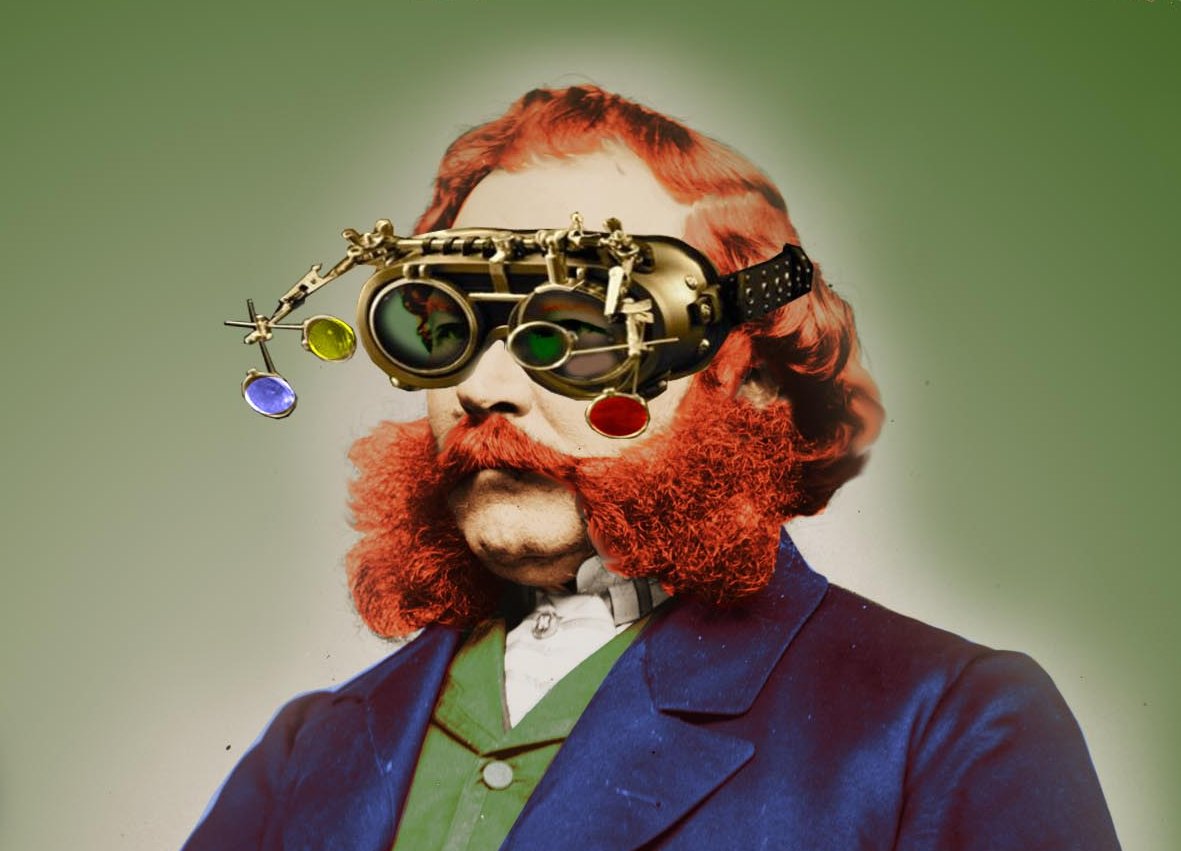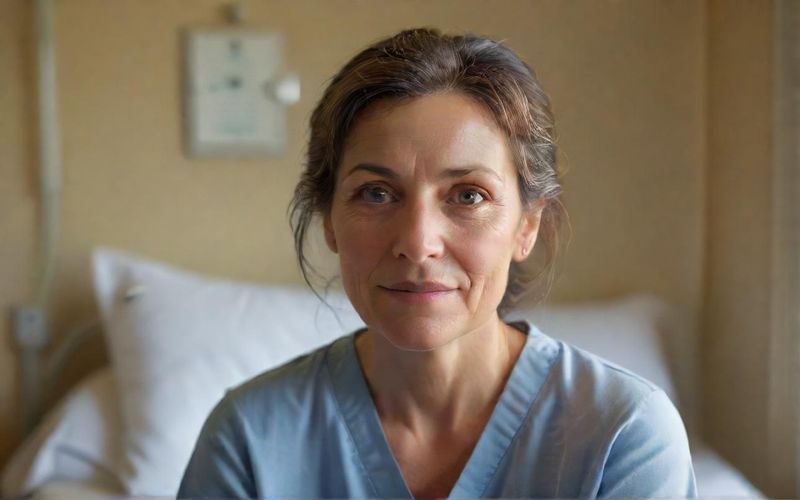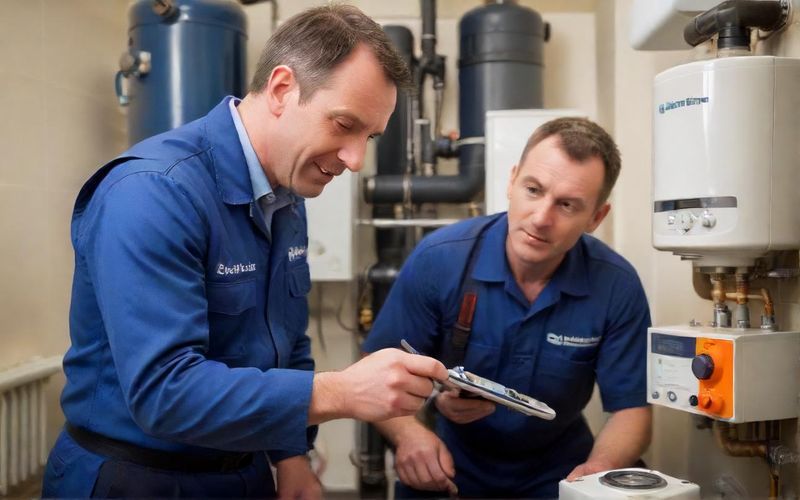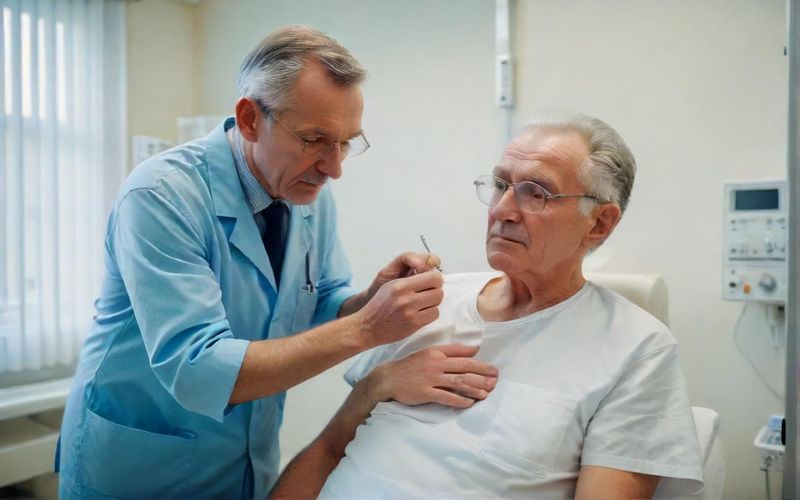Rinna Opens Up About Postpartum Depression Battle

Lisa Rinna, the Real Housewives of Beverly Hills star, has candidly discussed her harrowing experiences with postpartum depression (PPD) following the births of both her daughters, Delilah and Amelia. Speaking on her and husband Harry Hamlin's podcast, "Let's Not Talk About the Husband," Rinna detailed the severity of her PPD, revealing terrifying hallucinations and feelings of hopelessness.
Rinna admitted she initially didn't recognize her symptoms after the birth of her first daughter in 1998, stating, "I had horrible postpartum depression, but I didn’t know it." Her experience worsened after the birth of Amelia in 2001, leading to a frightening episode where she threatened Hamlin's life. Rinna recalled having "horrible visions of killing people" and "driving the car into a brick wall," prompting Hamlin to urge her to contact her OB-GYN immediately. She emphasized that these visions weren't directed at her children but stemmed from overwhelming feelings of hopelessness and dark depression.
Hamlin corroborated his wife's account, recalling her threats and the subsequent prescription of antidepressants, which Rinna stated "worked instantly." He also noted that both his sister-in-laws and cousin had also experienced postpartum depression, highlighting the prevalence of this condition.
Rinna described her PPD as a period of intense psychosis marked by "absolute hopelessness" and a pervasive "huge dark cloud." She emphasized that the experience differed between pregnancies, with her first bout of PPD being significantly less severe than the second. The Cleveland Clinic defines postpartum depression as "a type of depression that happens after you give birth," affecting not just birth mothers but also surrogates and adoptive parents.
While the Mayo Clinic notes PPD can include thoughts of harming oneself or the baby, Rinna clarified her experiences were focused on self-harm, not harming her children. Her openness about her struggles underscores the importance of seeking help for PPD and recognizing its varied manifestations. Resources such as the National Alliance on Mental Illness (NAMI) helpline at 1-800-950-6264 and the Crisis Text Line (text "STRENGTH" to 741-741) offer support for those struggling with mental health issues.









